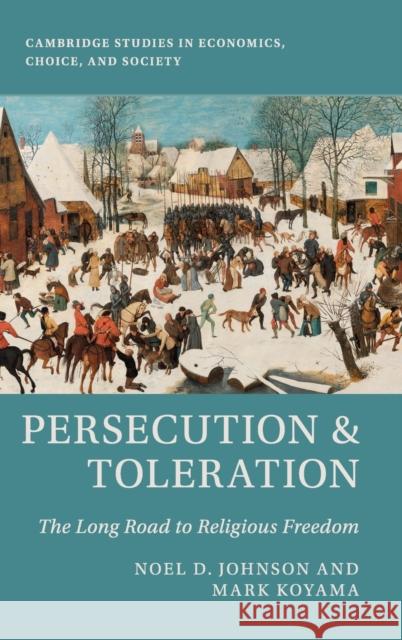Persecution and Toleration: The Long Road to Religious Freedom » książka
topmenu
Persecution and Toleration: The Long Road to Religious Freedom
ISBN-13: 9781108425025 / Angielski / Twarda / 2019 / 368 str.
Persecution and Toleration: The Long Road to Religious Freedom
ISBN-13: 9781108425025 / Angielski / Twarda / 2019 / 368 str.
cena 274,32 zł
(netto: 261,26 VAT: 5%)
Najniższa cena z 30 dni: 271,58 zł
(netto: 261,26 VAT: 5%)
Najniższa cena z 30 dni: 271,58 zł
Termin realizacji zamówienia:
ok. 22 dni roboczych
Bez gwarancji dostawy przed świętami
ok. 22 dni roboczych
Bez gwarancji dostawy przed świętami
Darmowa dostawa!
In this book, Noel D. Johnson and Mark Koyama tackle the question: how does religious liberty develop?











